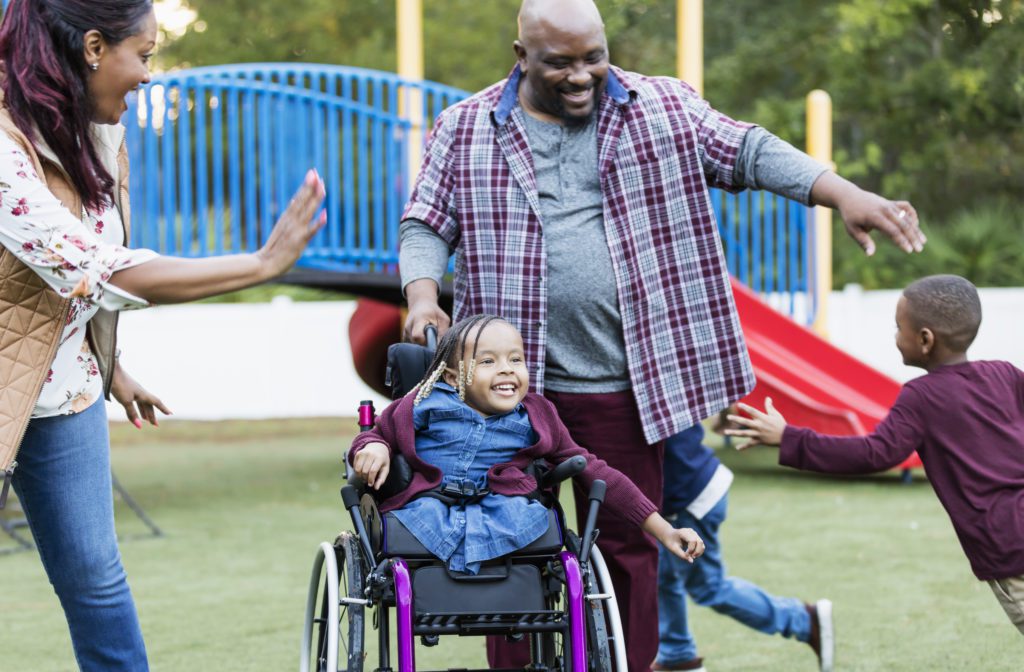Nurturing Anti-Bias Education: Exploring Justice

To ensure equitable outcomes for all children, anti-bias education must be at the foundation of all teaching practices, curriculum, early childhood spaces, and learning opportunities. The NAEYC publication [Anti-Bias Education for Young Children & Ourselves, Second Edition]1 defines four core goals of anti-bias education: Identity, Diversity, Justice, and Activism. Each of these goals interlocks with the others and supports children in developing self-awareness, finding joy in differences and similarities, recognizing fairness and unfairness, and empowering them to speak up when harm is being done.
In this session we will take a closer look at the third goal: Justice. We will define what justice looks like in early childhood spaces and discuss the educator’s role in recognizing children’s innate sense of empathy and fairness. We will also discuss ways to nurture each child’s ability to identify injustice.


In 2019, The National Association for the Education of Young Children (NAEYC) released their Advancing Equity in Early Childhood Education position statement. This statement describes the vital task of creating equitable learning opportunities to support all children in reaching their full potential. Key to advancing equity is the embodiment of Anti-Bias Education. Throughout this series, we will hear from renowned speakers and examine the four core goals of anti-bias education: Identity, Diversity, Justice, and Activism.
Each session will be followed by an optional 30-minute open discussion where educators will be able to connect and reflect with one another. The link to join the open discussion will be shared during each webinar.
1Derman-Sparks, L., Edwards, J. O., & Goins, C. M. (2020). Anti-bias education for Young Children & Ourselves. National Association for the Education of Young Children.

